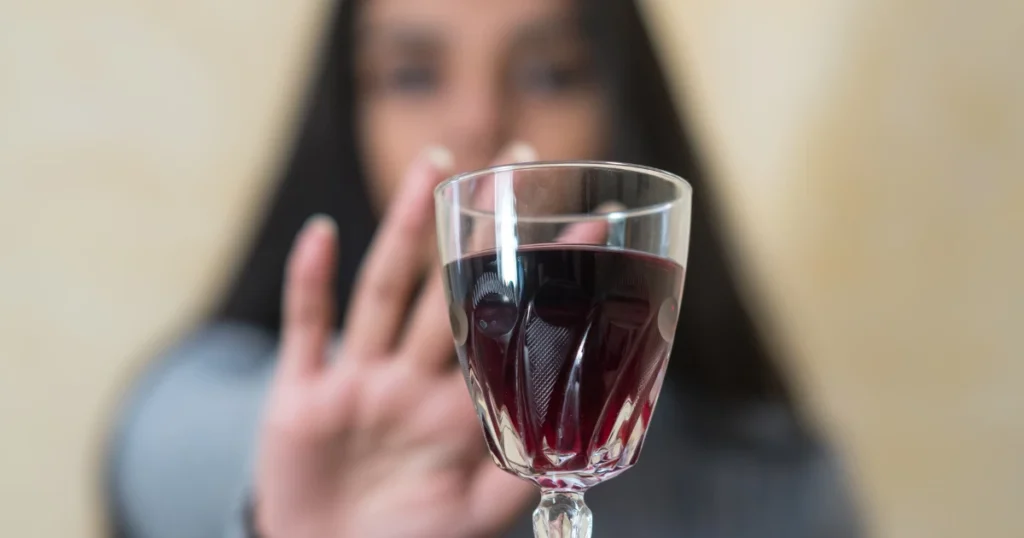Understanding the Alcohol-Weight Connection
Struggling to lose weight but finding your drinking habits getting in the way? You’re not alone. Many people overlook the significant impact alcohol has on their weight loss goals. The connection between alcohol consumption and weight gain is both direct and indirect, affecting everything from your metabolism to your food choices.
The Hidden Calories in Your Drinks

Before diving deeper into the weight loss benefits of quitting alcohol, let’s understand exactly what you’re consuming when you drink. Here’s a breakdown of common alcoholic beverages and their caloric content:
| Beverage Type | Serving Size | Calories | Additional Sugar (g) |
|---|---|---|---|
| Beer (Regular) | 12 oz | 150 | 13 |
| Wine (Red) | 5 oz | 125 | 1.2 |
| Vodka | 1.5 oz | 97 | 0 |
| Margarita | 8 oz | 455 | 27.8 |
| Piña Colada | 6 oz | 245 | 31.5 |
| Hard Seltzer | 12 oz | 100 | 2.0 |
The Impact of Alcohol on Your Body

Metabolic Disruption
When you consume alcohol, your body prioritizes metabolizing it over burning fat. This occurs because your liver recognizes alcohol as a toxin and works to eliminate it first, essentially putting your weight loss efforts on pause. During this process, the excess calories from both the alcohol and any food you’ve eaten are more likely to be stored as fat.
Effects on Appetite and Food Choices
Research shows that alcohol stimulates appetite and reduces inhibitions, leading to increased calorie consumption. After a few drinks, those late-night pizza cravings become harder to resist, and portion control goes out the window. Studies indicate that people consume an average of 384 additional calories on drinking days, not including the calories from alcohol itself.
Benefits of Quitting Alcohol for Weight Loss
Immediate Benefits (First 30 Days)
Many people report losing 2-4 pounds in the first month just from eliminating alcohol calories. Your body starts healing almost immediately, with improved hydration levels and reduced bloating. Your skin may appear clearer, and you’ll likely notice more energy throughout the day.
Long-term Transformation
The real magic happens when you maintain your alcohol-free lifestyle. After three months, many people report losing 10-15 pounds when combining sobriety with a healthy diet and exercise routine. Your liver function improves, making it easier for your body to burn fat effectively.
Practical Strategies for Success
Creating New Habits
Create new routines to replace drinking occasions. Instead of happy hour, schedule gym sessions or cooking classes. Replace wine with sparkling water and fresh fruit for a festive feel without the calories.
Building Support Systems
Share your goals with friends and family who can support your journey. Consider joining support groups or online communities focused on both sobriety and weight loss. Having accountability partners significantly increases your chances of success.
Overcoming Common Challenges

Managing Social Pressure
Challenge: Friends or colleagues pressuring you to drink Solution: Practice firm but polite responses like “I’m focusing on my health right now” or have a non-alcoholic alternative ready.
Dealing with Stress
Challenge: Using alcohol to cope with stress Solution: Develop healthy stress-management techniques like meditation, exercise, or talking with a therapist.
The Science Behind Weight Loss and Sobriety
Hormonal Balance
Alcohol disrupts various hormones that regulate hunger, satiety, and fat storage. When you quit drinking, these hormones begin to normalize, making it easier to maintain a healthy weight.
Improved Liver Function
Your liver’s ability to metabolize fat improves significantly when it’s not constantly processing alcohol. This enhanced function can boost your weight loss efforts by up to 20%.
Maintaining Long-term Success
Sustainable Habits
Develop routines that support both your sobriety and weight loss goals. This might include meal prep Sundays, regular exercise schedules, and healthy sleep patterns.
Celebrating Progress
Acknowledge both your sobriety and weight loss achievements. Consider non-food rewards like new workout clothes or spa treatments.
Looking Ahead
By committing to an alcohol-free lifestyle while pursuing your weight loss goals, you’re making a powerful investment in your future health and wellbeing. The combination of eliminating empty alcohol calories, improving sleep quality, and maintaining better eating habits creates a strong foundation for lasting weight loss success.
Remember that this journey is personal and progress isn’t always linear. Some weeks you might see significant weight loss, while others might focus more on maintaining your alcohol-free lifestyle. Both are equally important achievements on your path to better health.
Take the first step today toward your weight loss goals by committing to an alcohol-free lifestyle. Your future self will thank you for making this transformative decision.Copy